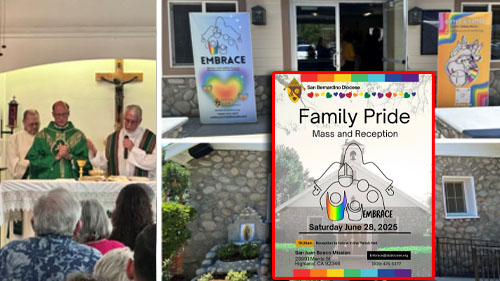| Recent Featured Videos and Articles | Eastern “Orthodoxy” Refuted | How To Avoid Sin | The Antichrist Identified! | What Fake Christians Get Wrong About Ephesians | Why So Many Can't Believe | “Magicians” Prove A Spiritual World Exists | Amazing Evidence For God | News Links |
| Vatican II “Catholic” Church Exposed | Steps To Convert | Outside The Church There Is No Salvation | E-Exchanges | The Holy Rosary | Padre Pio | Traditional Catholic Issues And Groups | Help Save Souls: Donate |  |









 " />
" /> " />
" /> " />
" /> " />
" /> " />
" />




St. Athanasius Against The Calvinist View Of “Limited Atonement”
Bro. Peter Dimond
There are many Reformed Protestants (i.e. Calvinists) who do not believe that Jesus Christ shed His blood for all men without exception. They believe that He shed His blood only for the elect. They call this view ‘Limited Atonement’. Some of them pretend that their views in general are grounded in the early Church. Apparently, many of them also convince themselves that a notable early Christian such as St. Athanasius had beliefs that were on the whole similar to, or compatible with, their own. Well, here are a number of quotes from St. Athanasius in which he clearly expresses the view that Christ shed His blood for all men without exception. Of course, that contradicts the Calvinist view. It’s another example of how Calvinism is not Christianity.
St. Athanasius, On the Incarnation (#9), AD 318: “For being over all, the Word of God naturally by offering His own temple and corporeal instrument for the life of all satisfied the debt by His death.”
St. Athanasius, On the Incarnation (#20), AD 318: “He came among us: to this intent, after the proofs of His Godhead from His works, He next offered up His sacrifice also on behalf of all, yielding His Temple to death in the stead of all, in order firstly to make men quit and free of their old trespass, and further to show Himself more powerful even than death, displaying His own body incorruptible, as first-fruits of the resurrection of all.”
St. Athanasius, On the Incarnation (#20), AD 318: “… hence, as I said before, the Word, since it was not possible for Him to die, as He was immortal, took to Himself a body such as could die, that He might offer it as His own in the stead of all, and as suffering, through His union with it, on behalf of all, ‘Bring to nought him that had the power of death, that is the devil; and might deliver them who through fear of death were all their lifetime subject to bondage.’”
St. Athanasius, On the Incarnation (#25), AD 318: “For as He offered it to death on behalf of all, so by it He once more made ready the way up into the heavens.”
St. Athanasius, On the Incarnation (#34), AD 318: “For to the end that none should err for want of instruction in the actual events, they feared not to mention even the cause of His death — that He suffers it not for His own sake, but for the immortality and salvation of all, and the counsels of the Jews against Him and the indignities offered Him at their hands.”
St. Athanasius, On the Incarnation (#36), AD 318: “But which of the holy prophets or of the early patriarchs has died on the Cross for the salvation of all? Or who was wounded and destroyed for the healing of all?”
St. Athanasius, On the Incarnation (#37), AD 318: “Or who among those recorded in Scripture was pierced in the hands and feet, or hung at all upon a tree, and was sacrificed on a cross for the salvation of all?”
St. Athanasius, On the Incarnation (#37), AD 318: “He is the Life of all, and He it is that as a sheep yielded His body to death as a substitute for the salvation of all, even though the Jews believe it not.”
St. Athanasius, On the Incarnation (#38), AD 318: “None surely of the righteous, save the Word of God only, Who, incorporeal by nature, appeared for our sake in the body and suffered for all.”
Sign up for our free e-mail list to see future vaticancatholic.com videos and articles.
Recent Content
^